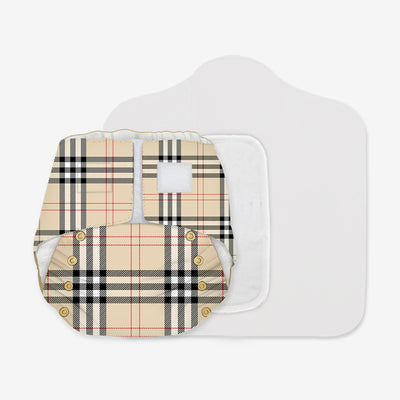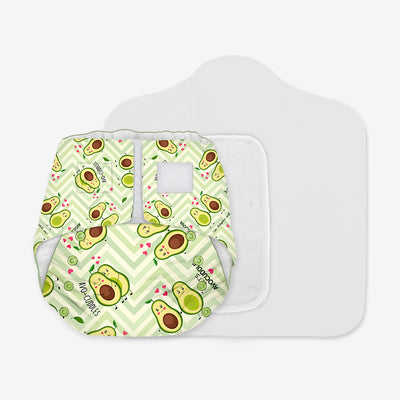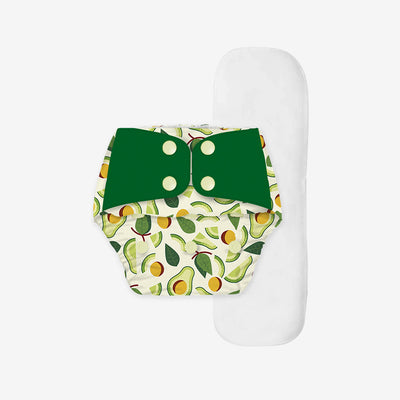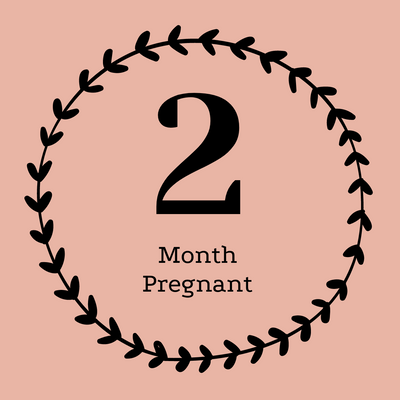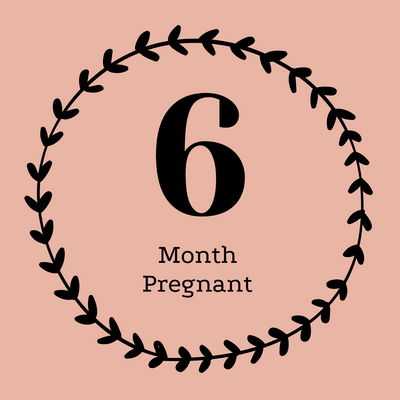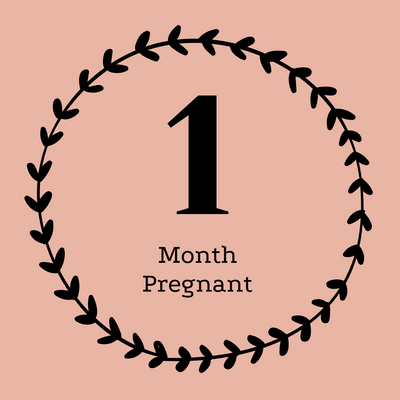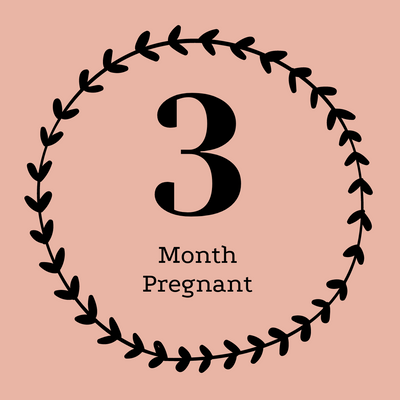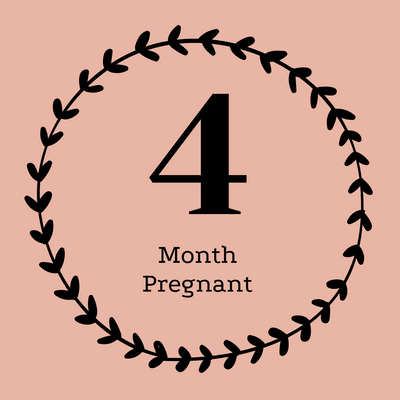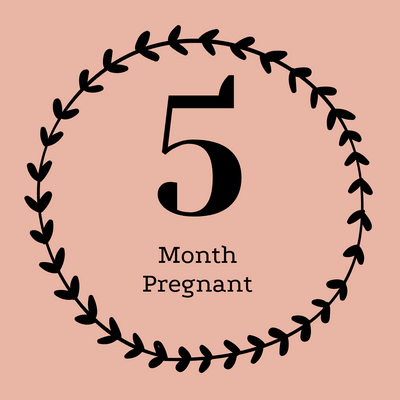9 Months Pregnant

Congratulations! You've reached the home stretch of your pregnancy journey. The ninth month is an exciting and challenging time as you eagerly await the arrival of your little one. In this blog post, we will explore the common pregnancy symptoms, fetal development, bodily transformations, ways to determine your pregnancy progress, and a helpful checklist for when you're 9 months pregnant.
Common Pregnancy Symptoms at 9 Months Pregnant:
As you enter the ninth month of pregnancy, you may experience a variety of common symptoms. These can include:
Braxton Hicks Contractions: These practice contractions may become more frequent and intense as your body prepares for labor.
Increased Urination: The growing baby puts pressure on your bladder, leading to more frequent trips to the bathroom.
Backaches and Pelvic Pain: The additional weight and the baby's position can cause discomfort in your lower back and pelvis.
Swollen Feet and Ankles: Retaining fluid is common in the later stages of pregnancy, resulting in swelling in your lower extremities.
Shortness of Breath: The growing uterus can push against your diaphragm, making it harder to breathe deeply.
Insomnia: Finding a comfortable sleeping position can be challenging, leading to difficulties falling asleep or staying asleep.
How Is Your Baby Developing in the 9th Month?
During the ninth month, your baby undergoes remarkable growth and development. Here's what's happening inside the womb:
Rapid Weight Gain: Your baby continues to gain weight, with most of the weight gain occurring in the final weeks of pregnancy.
Development of the Lungs: The lungs mature further, preparing your baby for breathing outside the womb.
Positioning: The baby may start to move into a head-down position, getting ready for birth.
Fine-Tuning of Senses: The senses of hearing, touch, and taste become more refined as the brain continues to develop.
Formation of Immune System: Your baby's immune system is strengthening as they receive antibodies from you through the placenta.
What is the Size of Your Baby During the 9th Month of Pregnancy?
At this stage, your baby is fully formed and preparing for the outside world. On average, a baby at 9 months pregnant measures about 18-20 inches (45-50 centimeters) in length and weighs approximately 6-9 pounds (2.7-4 kg). It's worth noting that these measurements can vary from baby to baby.
Transformations Occurring in Your Body at 9 Months Pregnant:
Your body has been undergoing significant changes throughout the pregnancy journey. Here are some transformations you can expect during the ninth month:
Dropping of the Baby: As the baby moves lower into your pelvis in preparation for birth, you may experience increased pressure on your bladder and pelvis.
Cervical Changes: The cervix begins to soften, thin out (efface), and open up (dilate) as your body gets ready for labor.
Braxton Hicks Contractions: These practice contractions may become more frequent and intense as your body rehearses for labor.
Increased Discharge: You might notice an increase in vaginal discharge, which is normal as your body prepares for birth.
Stretch Marks: Your abdomen, breasts, and hips may continue to develop stretch marks as your skin stretches to accommodate the growing baby.
Determining Your Pregnancy Progress at 9 Months:
Monitoring your pregnancy progress can be exciting. Here are a few ways to track your journey during the ninth month:
Prenatal Visits: Regularly scheduled appointments with your healthcare provider allow them to monitor your baby's growth, check your vitals, and discuss any concerns.
Fetal Movement: Pay attention to your baby's movements. While they may become less vigorous due to limited space, there should still be regular movements.
Engage in Self-Care: Take time to rest, eat well, stay hydrated, and practice relaxation techniques. Pay close attention to your body's signals and don't hesitate to consult with your healthcare provider if you have any concerns.
Checklist for When You're 9 Months Pregnant:
As you approach your due date, it's helpful to have a checklist to ensure you're prepared. Take into account the following essential items to ensure you're fully prepared:
Hospital Bag: Pack essential items such as comfortable clothes, toiletries, nursing bras, and items for your baby, including diapers and clothing.
Birth Plan: Create a birth plan to communicate your preferences with your healthcare provider and ensure a smoother labor and delivery experience.
Baby Gear: Set up the nursery, wash baby clothes, and assemble essential baby gear such as a crib, car seat, and stroller.
Support System: Reach out to family and friends for emotional support and assistance once the baby arrives.
Finalize Practicalities: Arrange transportation to the hospital, notify your workplace of your planned absence, and ensure your home is baby-proofed.
The ninth month of pregnancy is a time of anticipation, as your baby's arrival is just around the corner. Understanding the common symptoms, fetal development, bodily transformations, and ways to monitor your progress can help you navigate this final phase with confidence. Remember to take care of yourself, prepare for the birth, and embrace the excitement and joy of welcoming your little one into the world.



